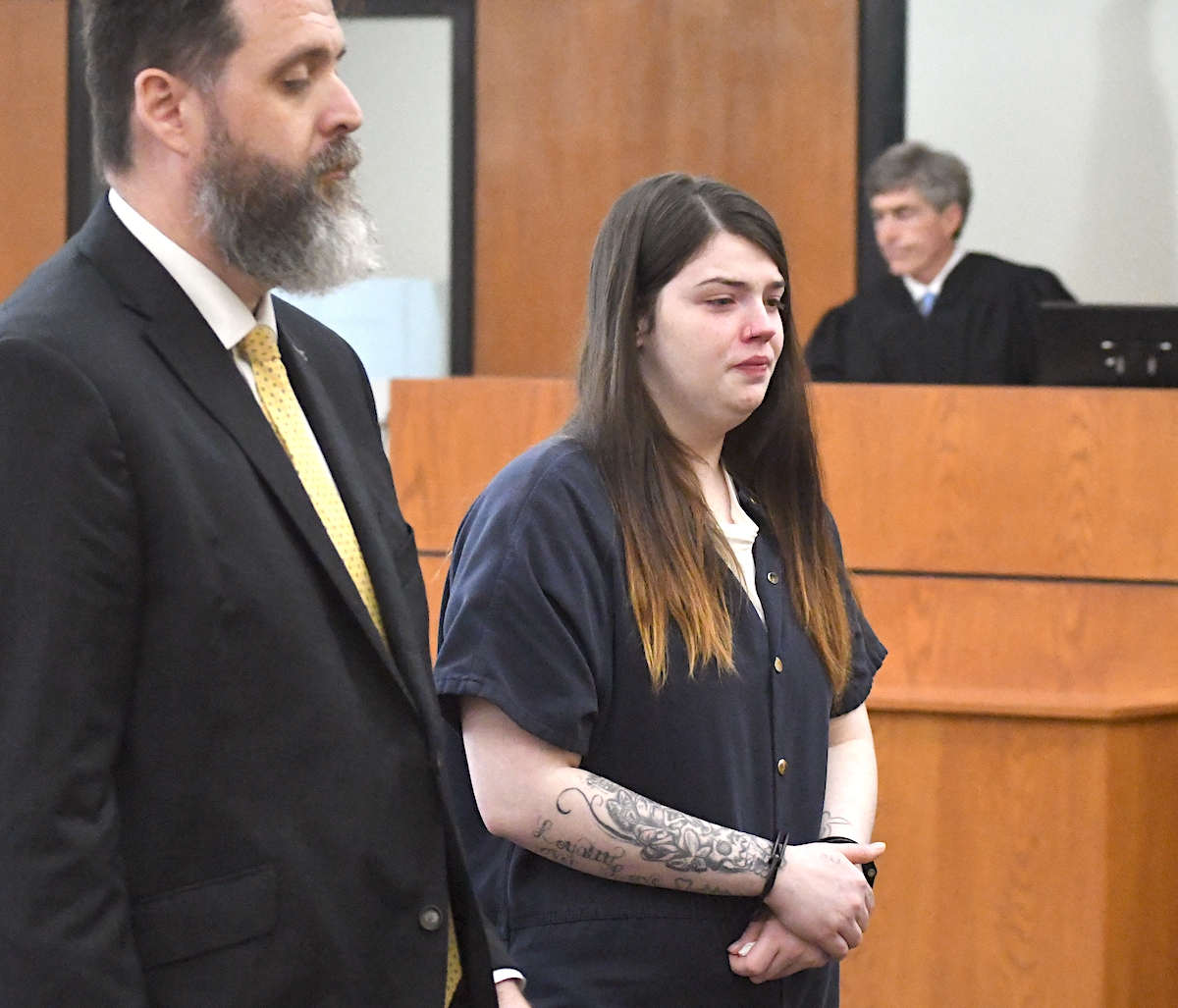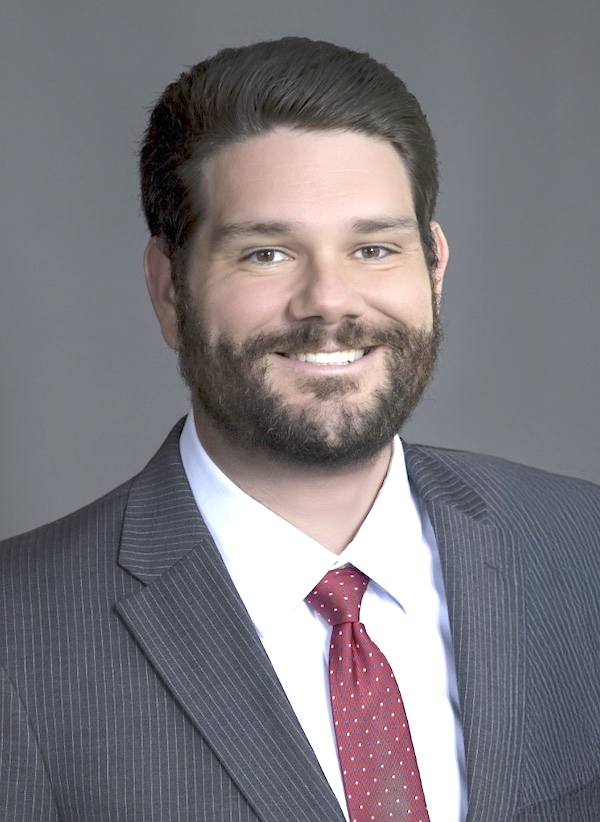In recovery: One man’s story
Published 12:00 am Thursday, January 1, 1970
If we had an answer to drug/alcohol addiction, we could implement it widely and save lives. The simple answer is that it’s different for each person, and they are never cured. Even when they are not using, they are in recovery. Addicts and alcoholics who chase sobriety must find their solutions, must realize that relapses are not uncommon, and must build a support system that works for them. Treatment centers, counseling, NA/AA meetings, effective sponsors, supportive families, belief in a Higher Power, meditation, a healthy living style- all can be a part of a solution, and they can be assisted by others in finding solutions that work for them.
I’m sharing one man’s story today in order to help those in recovery as well as addicts and alcoholics who aspire to be clean and sober.
Doyle Turner had every excuse for turning to alcohol and drugs (sexual abuse, parents who were addicts, homelessness)- if he were looking for one. And he was at one time because as he says, “ I had gotten to a place where the only thing that mattered to me was finding a chemical to take me to a place where I could be completely myself, a place where I felt smarter, more comfortable to be me. At some point I became reliant on these chemicals, and every moment of every day was about getting that feeling of being okay.
Trending
“In the end as soon as I got that feeling, I would be overcome with remorse, hiding in the bedroom or bathroom, picking a fight with my wife, not living up to my responsibilities.”
Turner’s birthday is May 5, 2008. You might be thinking, Surely that’s a typo, Vivian. No, persons in recovery from alcohol and drug addiction count their birthdays from the day on which they quit using, became clean and sober. So Turner is now eight years and four month old.
Turner tells his story of how he reached May 5, 2008, that he didn’t die.
He had been drinking alcohol regularly since he was 11, but this is his account of the year before that May 5th date. He was high and was sitting by himself on the steps at a friend’s house, desperate to stop using, but he couldn’t. He got a phone book and looked up “rehabilitation centers.” In his confused state, he called a physical rehabilitation center. He got a voice message, so he left his phone number and name and asked them to call him to tell him where he could get drug treatment. They never returned his call.
Two months later he did get a call, to let him know that the cops were looking for him, had a warrant. He considered running, but with a common strategy, he decided to get high before going to jail. He got high, went to see his kids, got high again and turned himself in. Law enforcement arrested him and released him because he had turned himself in.
He didn’t know where to go to get help “ no phone numbers, no information.” In school he had gone through the DARE program, but the focus in that program was on never getting into the situation in which he found himself. To those who ask, “How could this happen?,” his response is “No one plans to be an addict.”
Trending
Drug court became his way of staying out of jail and continuing to use. “ I started drug court in April of 2008, and the judge said, ‘ I think you’re wasting everyone’s time and resources.’”
On the day the judge said that, Turner went to an AA meeting “because I had to. I went to two more meetings that week because I was required to do so. At the time I couldn’t accept that I was an alcoholic. I knew about the drugs and accepted the problem with that.”
A few days later a relative taunted him with a pint of rum, and Turner handed it back. He then grabbed the rum and said, “I’m a grown *** man, and I can do what I want.” He downed the pint of rum.
The next morning he woke up, needing something. He was shooting oxies, and he did some other pain pills. That evening he started to go home as he had a curfew. On the way home, he reasoned, I’ll go to a dealer and buy an oxie so I don’t have to leave the house again. After getting the oxies, he went to a
pharmacy and bought needles thinking, I’m buying this in case I have to have something.
Turner says this thinking might make no sense to others, but it did to him. “I was able to fool myself about a lot of things.”
He was living with his grandmother at the time, so he went into her bathroom, filled her big tub with water, cooked the dope and injected it. It was May 4, 2008.
He says, “I was unable to quit. I was facing jail time, five years, being a felon, following the path of so many others I had known. I sat in the tub crying. This was the lowest point in my life. Times before I had tried to kill myself, but I was lower than at those times.
“The next morning, I went to take a court-ordered drug test. A few days went by. The test was positive, and the judge sentenced me to 10 days in jail. The morning I was to report to serve my sentence, I got a call from my case worker as I was going out the door to go to a dealer’s house. I wanted to go get high and then do the jail time that I had to do, but I didn’t that day.
“I was in a room in the courthouse with others who had drug infractions, and we all were tested. All tested dirty except me.
“In jail for ten days I thought about all the people coming and going in that small county, the destroyed lives, and that night in the bath tub. When I got out, I went to a meeting of an anonymous support group. At that meeting, a guy gave me his phone number, and I went to his house. We talked until 1 a.m. As I left his house, he said, ‘I did my part. It’s on you to put the work in.’”
Turner started “putting the work in.” He had received a GED at age 16. Since his birthday on May 5, 2008, he has earned an associate’s degree, a bachelor’s degree, a master’s degree and a graduate certificate — all in information technology and security assurance. And he has been regularly employed in responsible positions.
For him, and he acknowledges it’s different for each person, staying clean and sober is being active. He’s been told that addicts are undisciplined and self-centered. He says, “ I don’t hide that I’m an alcoholic. I used drugs to get me to where I wanted to go quicker than the alcohol could. The two combined could get me to where I wanted to be- stupid.”
He attended 13 meetings a week the first year of his sobriety. Again, this is no typo. Today, it’s five or six a month.
“Part of recovery for me is being an available resource. When people with whom I work have questions about addiction, they come to me. I try to do it without being up in anyone’s face. I’m active with my children, go to school events.”
And Turner finds that “A little wind therapy is good, too.” He rides a Harley Switchback.
Contact Dr. Vivian Blevins at vbblevins@woh.rr.com.






